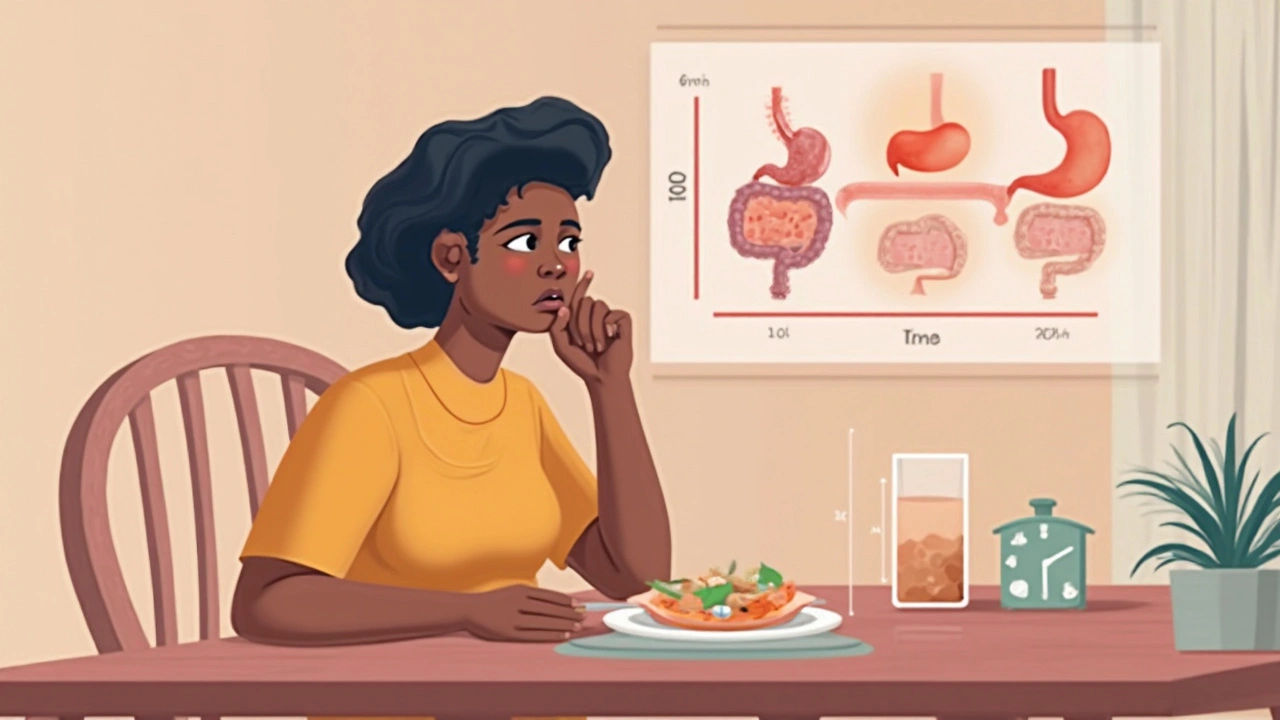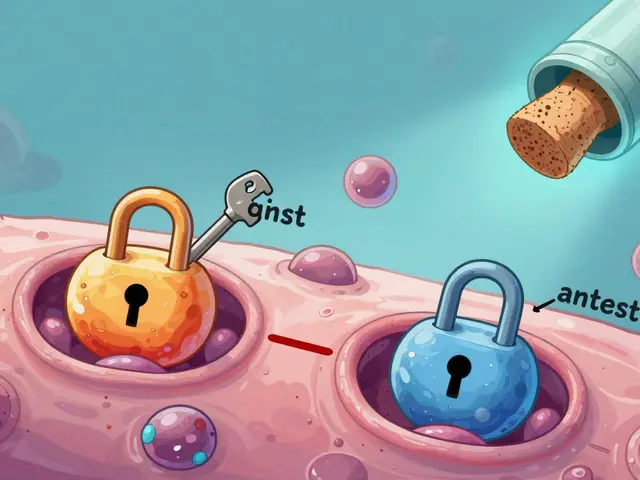Cancer Treatment: Clear Guides, Drug Safety, and Everyday Tips
More cancer drugs now target specific genes than ever before. That changes how people get treated, how side effects show up, and what questions you should ask. This tag page pulls together easy, practical articles about cancer drugs, treatment choices, safety checks, and how to talk with your care team.
Types of cancer treatment you’ll read about here
Surgery removes tumors when possible. Radiation uses focused energy to kill cancer cells. Chemotherapy still plays a big role; it attacks fast-growing cells but can hit healthy tissue too. Targeted therapies, like drugs that block specific pathways, are for cancers with certain mutations. Immunotherapy helps your immune system spot and destroy cancer. Hormone therapy works for hormone-driven cancers. Each option has its trade-offs — we explain what to expect from side effects and daily life.
For example, alpelisib is a targeted drug for some breast cancers. We have a piece on alpelisib interactions and precautions that explains common drug clashes and food issues to avoid. Kaposi sarcoma gets its own article too, with straightforward info on symptoms and care options relevant to LGBTQ+ readers.
How to stay safe and make better decisions
Getting treated means making choices fast. Start by getting clear answers from your team: what’s the goal of this treatment, how long will it last, and what are the likely side effects? Ask about alternatives, including clinical trials. Trials can be a good option if standard treatments aren’t working or if you want access to new therapies.
Med safety matters. If you’re ordering meds online or thinking about mail-order pharmacies, read our guides on safe online prescriptions and how to check if a pharmacy is legit. Look for a real pharmacist you can contact, a physical address, and if a prescription is required for prescription-only drugs. Never skip that step — fake or poorly stored meds can cause harm.
Side effect management is practical, not poetic. Simple steps like keeping a symptom diary, staying hydrated, and scheduling follow-ups help a lot. We cover common issues such as nausea, fatigue, infection risk, and how to talk with your oncologist about dose changes or supportive meds.
Use this tag page as a map. Click the articles that match your question — whether it’s drug interactions, alternatives to a medication, or real-world tips for handling treatment day-to-day. If you want quick help, our site also points to resources on contacting care teams and finding trusted pharmacies.
Have a specific concern? Try searching within the tag for terms like the drug name, symptom, or treatment type. The goal is practical, usable info that helps you feel safer and more confident during treatment.

Ibrutinib Pharmacokinetics: What Happens After You Take the Pill?
Curious how ibrutinib works once you swallow it? This article explains what your body does with ibrutinib, how long it sticks around, and how things like food or other medications may affect it. We’ll break down its journey from your stomach to your bloodstream and beyond, plus share some practical tips for anyone taking ibrutinib or caring for someone who does. This info can help you make sense of lab results or side effects. No complicated science talk—just the details you actually need.
read more




